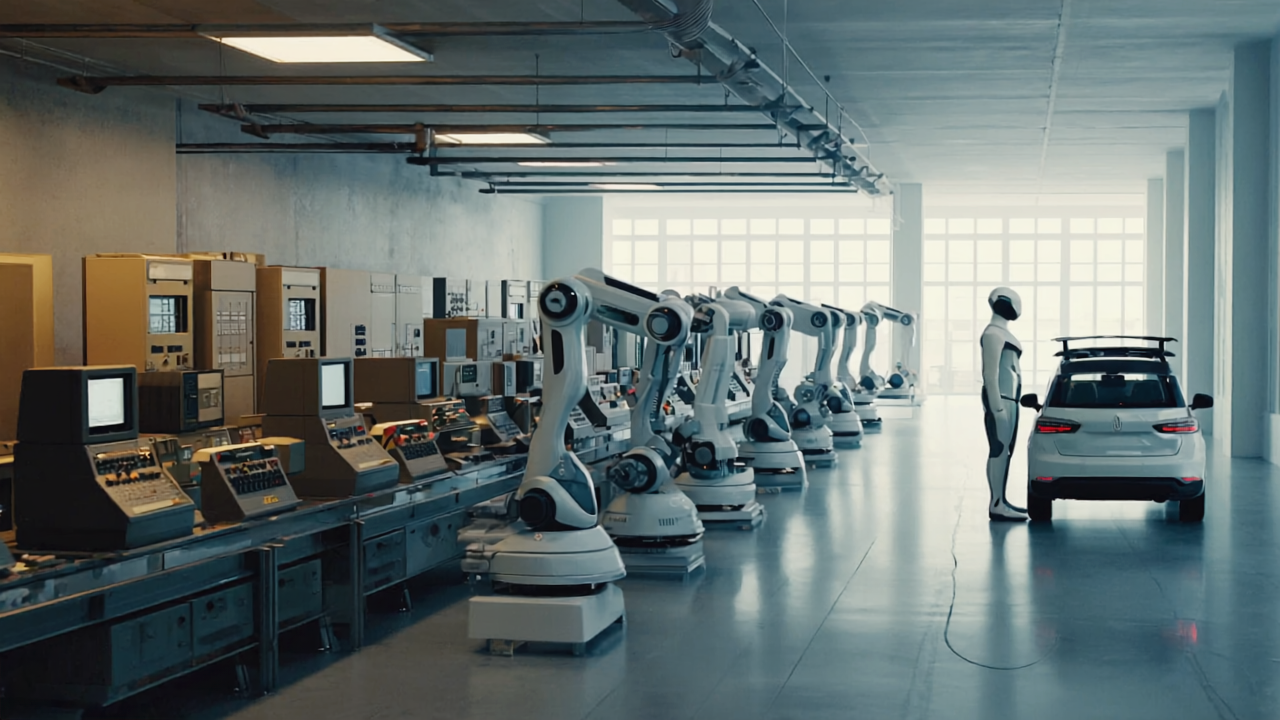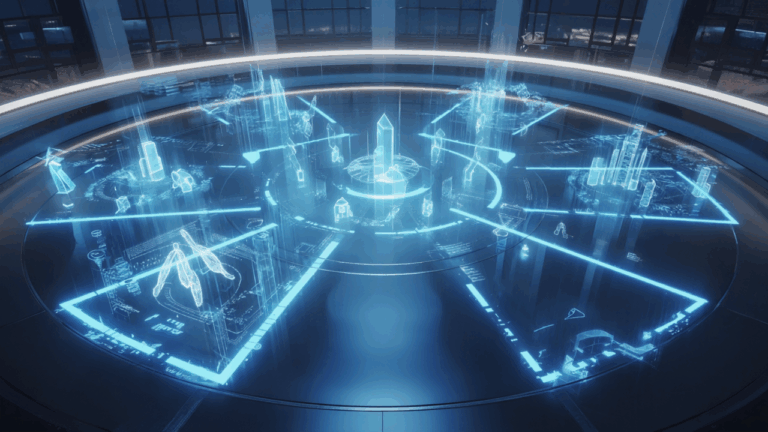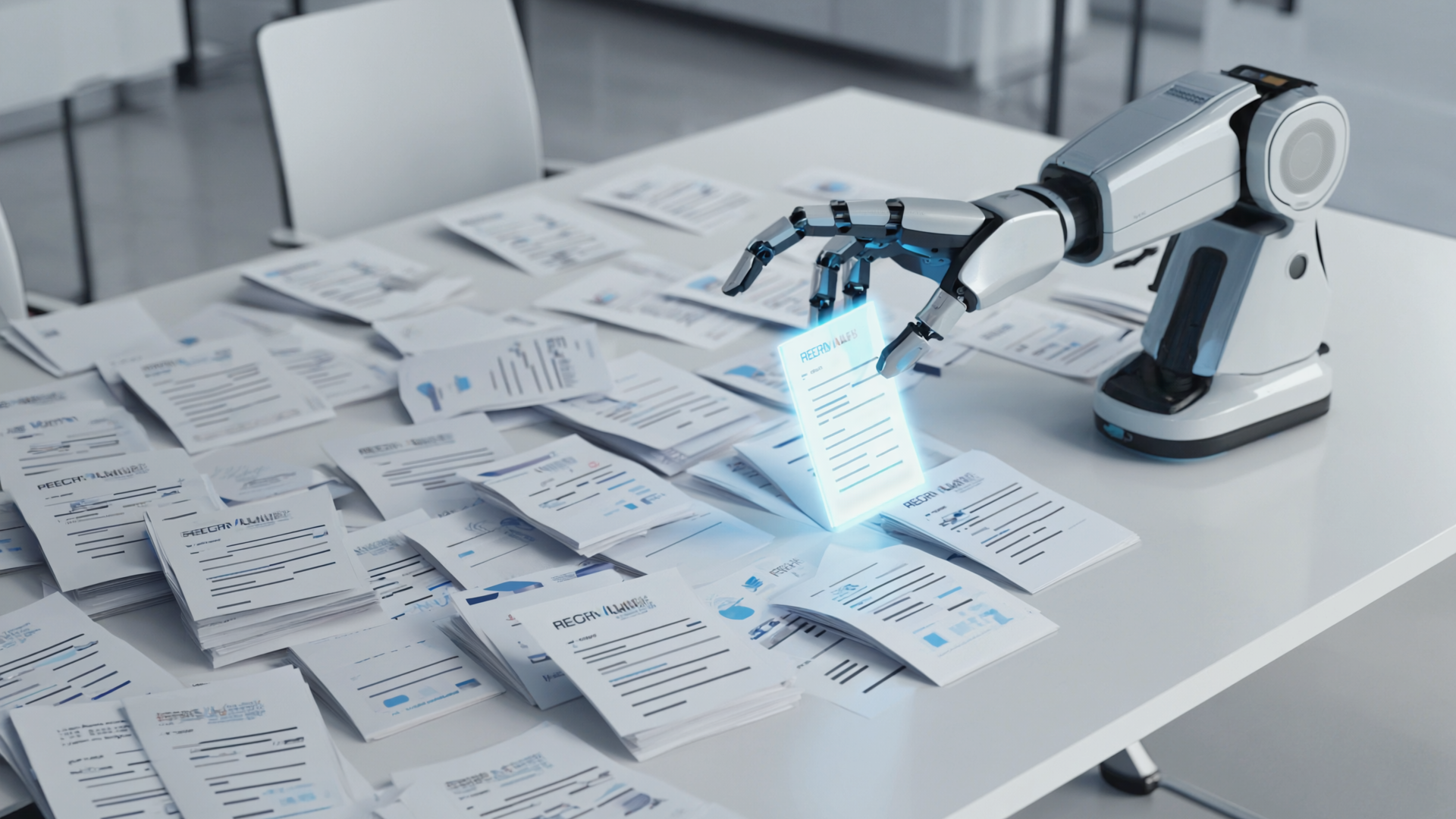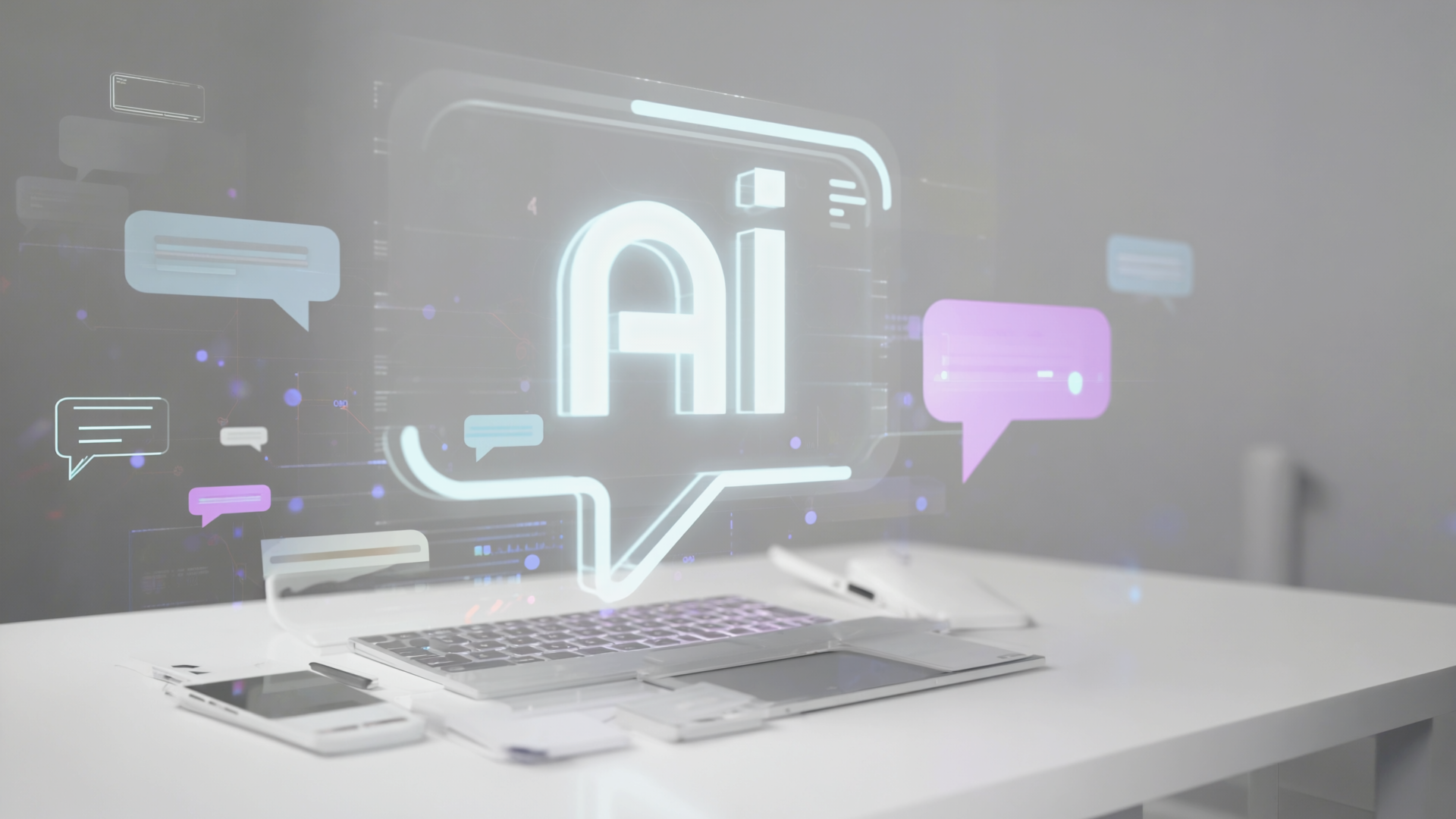
Evolution of AI Agents
Introduction
Artificial Intelligence (AI) has been transforming various domains, from healthcare to finance, over the past few decades. In recent years, AI agents—autonomous entities that perceive their environment and take actions to achieve specific goals—have emerged as a pivotal aspect of this evolution. The development and sophistication of AI agents have expanded the horizons of what machines can accomplish, gradually integrating more deeply into daily life and business operations. Understanding the evolution of AI agents is crucial for appreciating their current capabilities and potential future impact.

Key Points and Analysis
The evolution of AI agents can be traced back to early rule-based systems and expert systems in the mid-20th century. These initial systems relied heavily on pre-defined rules and lacked the adaptability and learning capabilities seen in modern AI agents. The advent of machine learning, particularly deep learning, marked a significant milestone, enabling AI agents to learn from data and improve over time.
A major breakthrough in AI agents came with the development of reinforcement learning (RL), a paradigm where agents learn to make decisions by interacting with their environment and receiving feedback in the form of rewards or penalties. Notable examples include DeepMind's AlphaGo, which defeated human champions in the complex game of Go, showcasing the potential of AI agents to surpass human expertise in specific tasks.
Another key development has been the introduction of natural language processing (NLP) capabilities, allowing AI agents to understand and generate human language. This advancement has led to the creation of conversational agents, such as chatbots and virtual assistants, which have become ubiquitous in customer service and personal productivity.
Industry Impact and Applications
The impact of AI agents spans numerous industries, revolutionizing traditional processes and enabling new applications. In the healthcare sector, AI agents assist in diagnostics, personalized medicine, and patient monitoring, offering more efficient and accurate solutions than ever before. In finance, AI agents analyze massive datasets to detect fraud, optimize trading strategies, and enhance customer service through personalized financial advice.
In manufacturing, AI agents are integral to the development of smart factories, where they optimize production processes, predict maintenance needs, and improve supply chain logistics. Autonomous vehicles, powered by sophisticated AI agents capable of real-time decision-making, are set to transform transportation, promising safer and more efficient travel.
Future Implications
The future of AI agents is poised to be even more transformative. With advancements in areas like transfer learning and multi-agent systems, AI agents will become increasingly adept at tackling complex, multi-faceted problems across various domains. The integration of AI agents with emerging technologies such as the Internet of Things (IoT) and 5G will further enhance their capabilities, facilitating smarter cities and interconnected ecosystems.
However, the evolution of AI agents also raises important ethical and societal considerations. Issues such as privacy, security, and bias in AI systems must be addressed to ensure that these powerful tools are used responsibly and equitably. Furthermore, as AI agents become more autonomous, the question of accountability and decision-making authority will be critical to navigate.

Conclusion
The evolution of AI agents represents a paradigm shift in how machines interact with the world and assist humans in achieving their goals. From early rule-based systems to advanced, learning-capable agents, the journey of AI agents has been marked by significant technological breakthroughs and expanding applications across industries. As we look to the future, the potential of AI agents to drive innovation and improve lives is immense, but it must be balanced with careful consideration of ethical and societal impacts. As we continue to advance in this exciting field, the role of AI agents will undoubtedly grow, unlocking new possibilities and challenges that will shape the future of technology and society.
aecenas sollicitudin purus id leo vehicula lacinia quam vulputate dapibus fermentum metus, nec euismod nulla dapibus nasac metus nunc rabitur euntum




